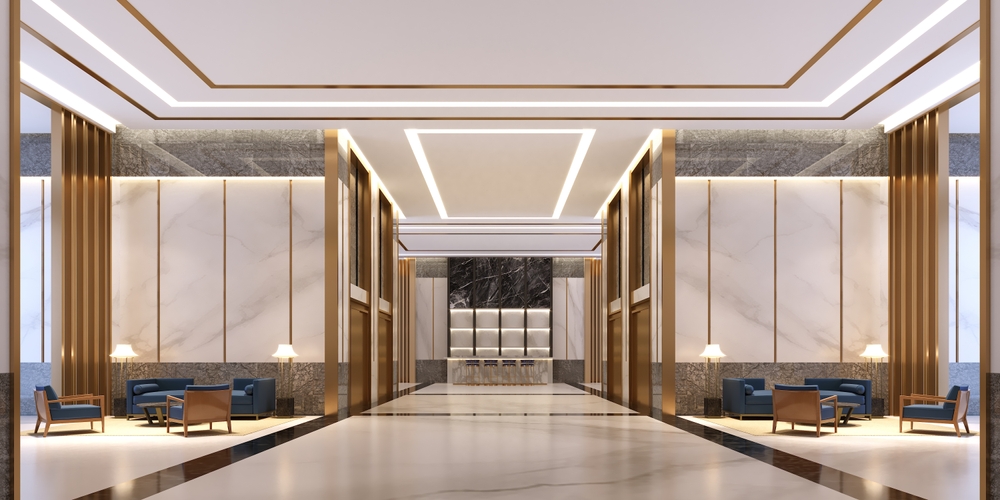Whenever you want to borrow capital, your lender will want to understand how you run your hotel(s) and the agreements and processes you have in place. Lenders are looking at lots of different things, but a couple of points will be especially important. The first is that your lender will want to ensure that any potential deal is structured so that nothing constrains them from taking over the asset(s) if you default on loan repayments. Secondly, the finance deal will need to be planned carefully around the operating structure you have in place, rather than trying to fit a package deal: hotel financing is always bespoke.
There will also be other considerations. Your lender will need to ensure that you can take on a loan – some management agreements can limit how much capital can be borrowed as a % of the property’s value, for example. In other cases, some stakeholders can also veto a lender, so having all parties on board and working together is essential. This point is particularly important when multiple stakeholders are involved in your hotel's management, lease, and operation.
Repayment will also be a critical piece of the puzzle. Lenders will need to see that the entity making repayments can prioritise repayments to the lender ahead of other financial commitments. In some cases, this can mean that amendments need to be made to management or lease agreements, effectively deferring financial obligations or payments and favouring loan repayments to your lender. Lenders will want to see a willingness from all stakeholders to undertake these changes.
In principle, how you operate your hotel will not affect your ability to access finance, although it will affect how the deal is structured. For example, your structure may well influence how much you can borrow, and in many cases, lenders may need to enter into additional agreements with different parties to protect their interests.











